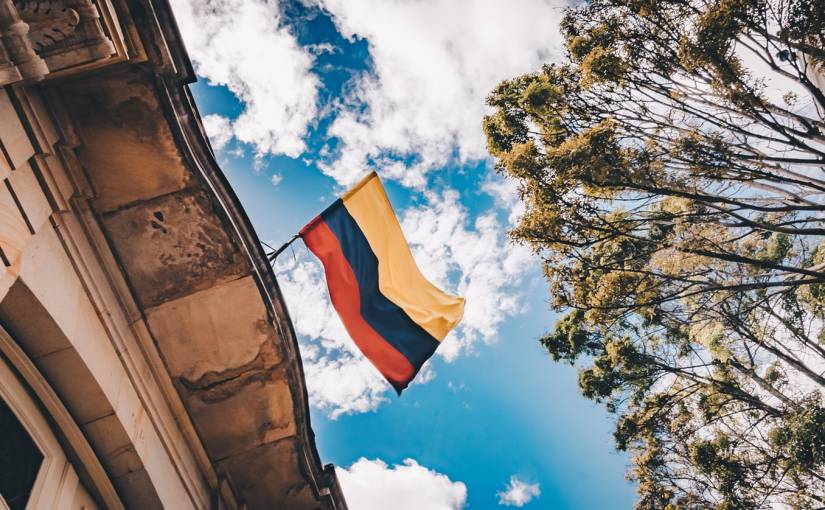Colombia urged to retain controversial online gambling deposit tax

Colombia could be set to retain its controversial 19% VAT rate on online gambling deposits, despite significant opposition.
The South American nation’s Attorney General has urged President Gustavo Petro to retain the tax, which was introduced on 21 February 2025, through to the end of the year.
SBC’s Lucia Gando has detailed how Colombia’s gambling industry has hit back, outlining the impact of the revenue-raising measure, which has also strengthened the unregulated market.
Due to financial pressures, economic reforms were introduced under Decree 175 of 2025, which also sought to fund humanitarian programs in Catatumbo.
The significant 19% VAT on gambling deposits – adopted alongside a 1% tax on coal and gas sales – applies to all sports betting platforms, including those that accept cryptocurrency.
Despite the set timeframe for the measure, the Finance Ministry in Colombia has called for the VAT rate to be made permanent, while the legality of the decree has been defended by the legal office.
“The measures adopted in Decree 175 do not discriminate and are proportional to the emergency,” said Gregorio Eljach, President of the Attorney General’s Office.
“They are vital to safeguarding fundamental rights and supporting public order efforts,” he added.
Actively avoiding the tax by shifting to unlicensed platforms
The government takes the position that the tax is compatible with the legal framework and that it does not infringe on citizens’ constitutional rights, calling on the Constitutional Court to uphold it so that funds can be funnelled to regions under pressure from guerrilla conflict.
However, the gambling industry in Colombia has outlined its plight, insisting the tax is driving bettors into the hands of the underground market.
Fecoljuegos, the national gambling trade organization, has reported that online gambling GGR slumped 30% in the first month of the VAT hike, with operators facing increasing pressure.
“Players are actively avoiding the tax by shifting to unlicensed platforms,” stated Fecoljuegos president, Evert Montero Cárdenas.
“Operators have tried to absorb costs and offer bonuses, but the downturn is stark.”
Another consequence of the tax is that gambling providers are considering lower return-to-player (RTP) rates, potentially moving licensed operators below the 78% compliance threshold and the regulatory enforcement that would come with that breach.
Despite the will for a permanent introduction, opposition from within President Petro’s governing coalition and the well-established regulated gambling industry could yet see a different outcome.
Also in Colombia, Law Project 026 of 2024 has passed the Senate and is now awaiting presidential approval.
If passed, it will officially label esports as a sporting discipline, integrating it into the country’s National Sports System and allowing regulated esports gambling providers to offer markets.
Image credit: Ideogram
The post Colombia urged to retain controversial online gambling deposit tax appeared first on ReadWrite.
